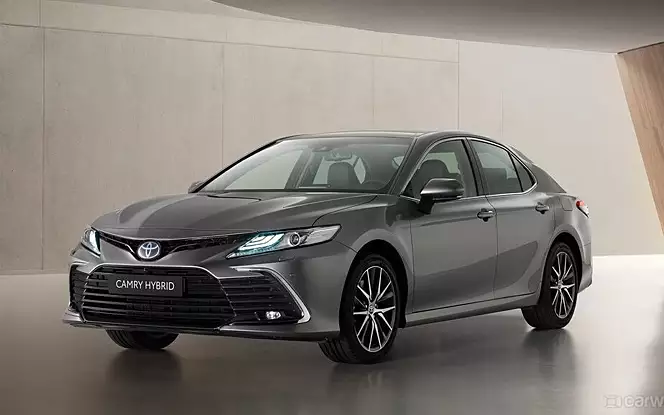
Before purchasing a car, there are several important factors to consider. Here are some key points to keep in mind:
1. Budget: Determine how much you can afford to spend on a car, including the purchase price, insurance, fuel, maintenance, and other related expenses. Consider your monthly income and expenses to establish a realistic budget.
2. Needs and Lifestyle: Consider your lifestyle and transportation needs. Think about the number of passengers you’ll frequently carry, the type of driving you’ll do (city, highway, off-road), and any specific features or capabilities you require.
3. Vehicle Type: Decide on the type of vehicle that best suits your needs. Consider factors like size (sedan, SUV, truck, etc.), fuel efficiency, cargo capacity, seating capacity, and whether you prefer a new or used car.
4. Reliability and Safety: Research the reliability and safety ratings of the car models you’re interested in. Look for information on crash test ratings, safety features, recalls, and customer reviews. Reliability is crucial to avoid unexpected repair costs and ensure peace of mind.
5. Fuel Efficiency: Consider the fuel economy of the car, especially if you plan to do a lot of driving. Fuel-efficient vehicles can save you money in the long run and have a smaller environmental impact.
6. Financing Options: Determine how you plan to finance the car purchase. You can choose to pay in cash, take out a loan, or lease a vehicle. Research and compare interest rates, loan terms, and leasing terms to find the most suitable option for your financial situation.
7. Insurance Costs: Contact insurance companies to get quotes for the car models you’re considering. Insurance costs can vary significantly depending on the make, model, age, and your driving record. Factor in insurance expenses when planning your budget.
8. Resale Value: Consider the resale value of the car you’re interested in. Certain brands and models tend to retain their value better than others, which can be important if you plan to sell or trade-in the vehicle in the future.
9. Test Drive: Always test drive the car before making a decision. Pay attention to the comfort, driving experience, visibility, and any specific features you’re looking for. Test driving allows you to assess the vehicle’s condition and ensure it meets your expectations.
10. Research and Comparison: Do thorough research on different car models, their prices, features, and reliability. Compare multiple options and read reviews from reputable sources to make an informed decision.
11. Maintenance and Repair Costs: Consider the potential maintenance and repair costs associated with the car. Luxury or high-performance vehicles generally have higher maintenance costs, while some brands offer longer warranties or lower-cost servicing options.
12. Ownership and Operating Costs: Take into account the costs beyond the purchase price, such as taxes, registration fees, routine maintenance, and potential repairs. These ongoing expenses can vary depending on the car’s make, model, age, and location.
By carefully considering these factors, you can make a well-informed decision when purchasing a car that aligns with your needs, budget, and preferences.
Written by profT for Naijatipsland.com










